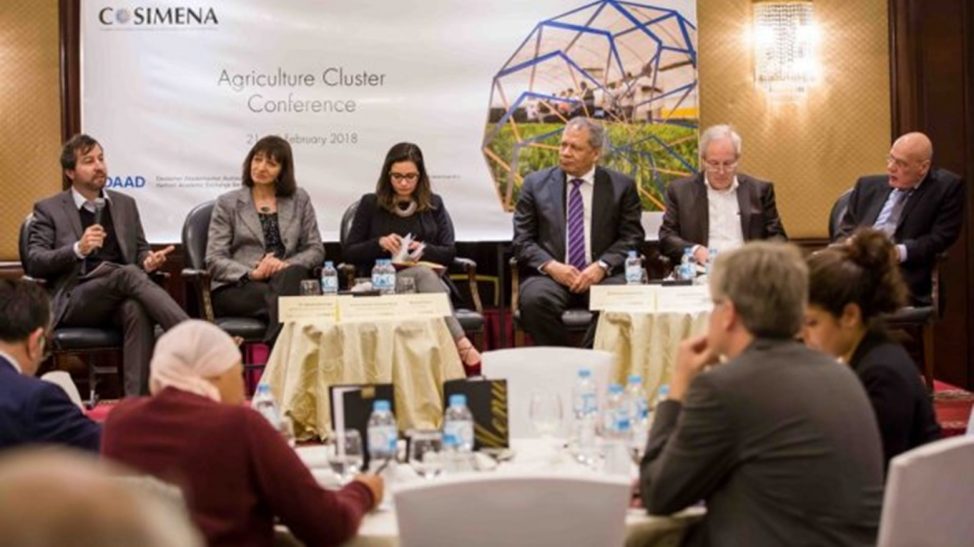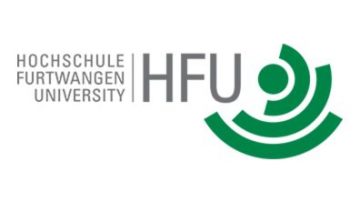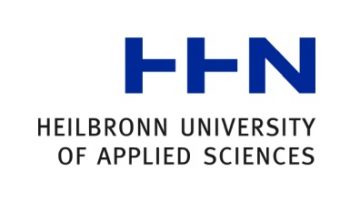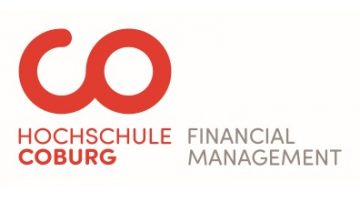Agriculture Cluster Conference

While this isn’t DAAD’s first conference on food production and agriculture in Egypt, this cluster is envisioned as a long-lasting policy and research hub. Its members, each equipped with specific sets of skills that range from pest control, soil enrichment, policy, economics, animal health, climate change effects on crops and innovative technologies, will be meeting regularly in an attempt to fortify and streamline Egypt’s food production, and ensure its sustainability.
The cluster was launched on the evening of February 21st by Dr. Roman Lucksheiter, the director of DAAD in Egypt, Rauia Toama, the German Embassy’s Science Attaché, and Dr. Shireen Assem, who heads Egypt’s Agricultural Genetic Engineering Research Institute (that’s technically AGERI – a center that pertains to the ARC- Agricultural Research Center). The opening remarks were followed by an hour-long panel discussion, which identified the gaps between research and implementation for better food production and management, moderated by Dr. Clemens Breisinger, the director of the International Food Production Research Institute (IFPRI) in Egypt.
“This agriculture cluster is one of COSIMENA’s seven issue-driven clusters that cover water, economy, energy, health, urbanism and cultural heritage,” highlighted Lucksheiter, who pointed out that food systems can become engines of development in both rural and urban settings. Scientific innovation, he added, is a driver for inclusive growth and sustainable development, as well as an important tool in reducing inequalities. Toama stressed that climate change, diseases and pests are some of the most urgent challenges to tackle, and believes that accrued collaboration between researcher from various disciplines is key to addressing them. Assem mentioned that countless ARC researchers have been educated in Germany, and that collaboration with DAAD has been sustained and fruitful. ARC scientists work on adopting innovative technologies, on developing new crop varieties with improved traits, on establishing better food processing techniques and on introducing new crop and animal breeds.
The panel that followed brought together Dr. Kerstin Dorothee Wydra from Erfurt University of Applied Sciences, Karlheinz Weinfurtner from Fraunhofer-Institute for Molecular Biology and Applied Ecology (IME), Prof. Hany El Kateb from the Technical University of Munich, who advises President Sisi on agricultural matters, Racha Ramadan from Cairo University and Dr. Mohamed Yousri Hashem who heads Heliopolis University.
They discussed ways to reduce the gap that currently exists between research activities and policy implementation, and whether research systematically addresses the pressing needs defined by the government. Because it isn’t always the case, research can be largely ignored by policy makers, and its chances of being applied in the fields limited. However, they agreed that research should be a key component of the country’s overall strategy to tackle food production, reduce waste and save water while ensuring better crop yields. To do that, scientists need to increasingly engage in multidisciplinary research and bring together agronomists, economists, gender and social researchers, as well as the private sector, specifically SMEs. The need for additional data and surveys was also noted, as well as an evaluation of previous large agricultural projects to ensure the viability of the 1.5 Million Feddan Project spearheaded by President Sisi.
On the following day, experts in water, agriculture, policy, economics, agroforestry and aquaponics all exposed their vision on how to ensure the sustainability of Egypt’s food production. Some underlined the merits of soilless agriculture in Egypt, particularly aquaculture, others explained why agroforestry needs to expand alongside desert agriculture. Other experts looked into soil fertility improvement and on the future of desalinated water for agricultural uses.
Overall, they believe in the merits of organizing and pooling their skills together within this cluster, not just to identify challenges and hurdles related to food production in Egypt, but specifically to come up with efficient solutions to fix the sector through innovation and collaboration.
(Report by Ms. Louise Sarant)





